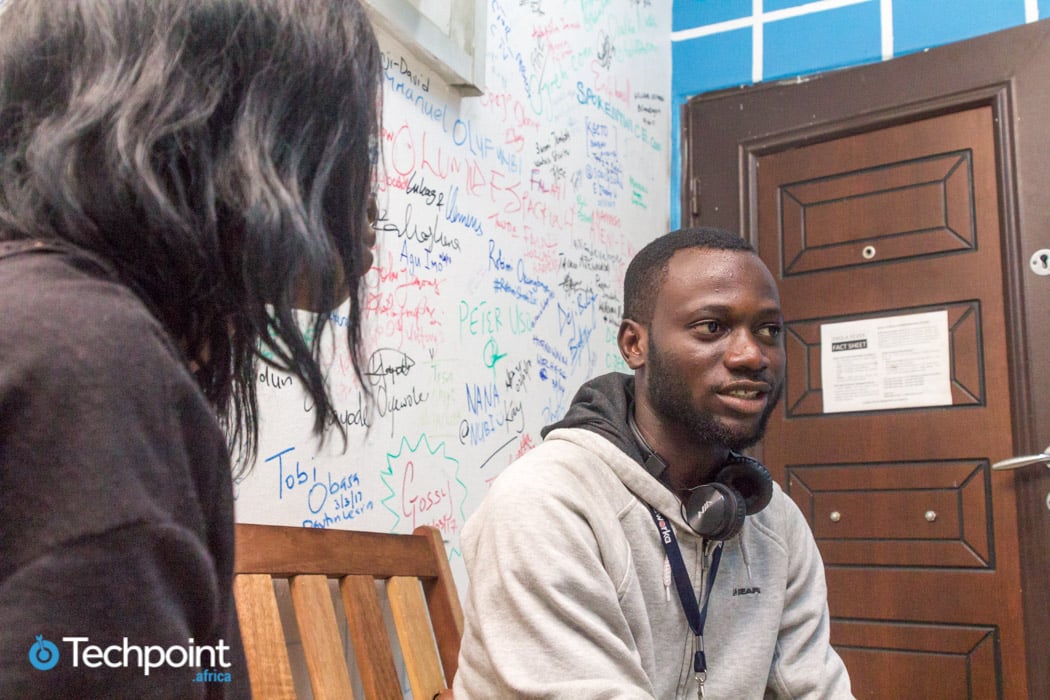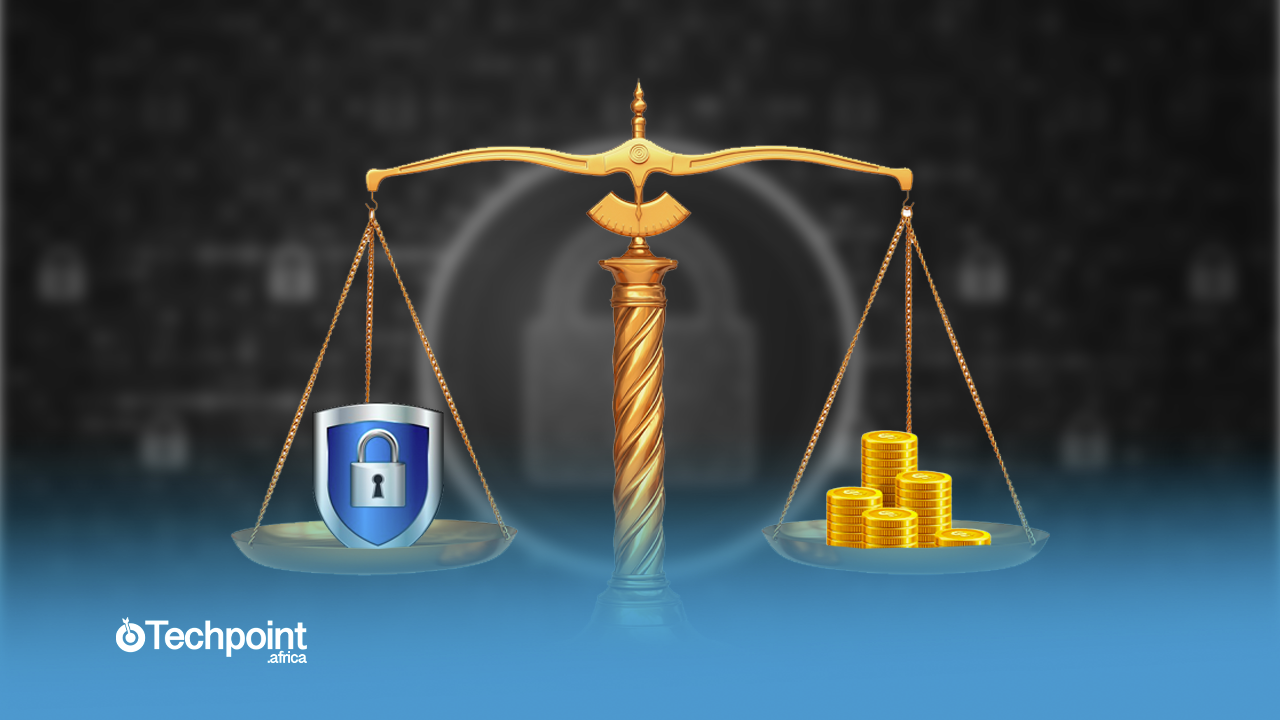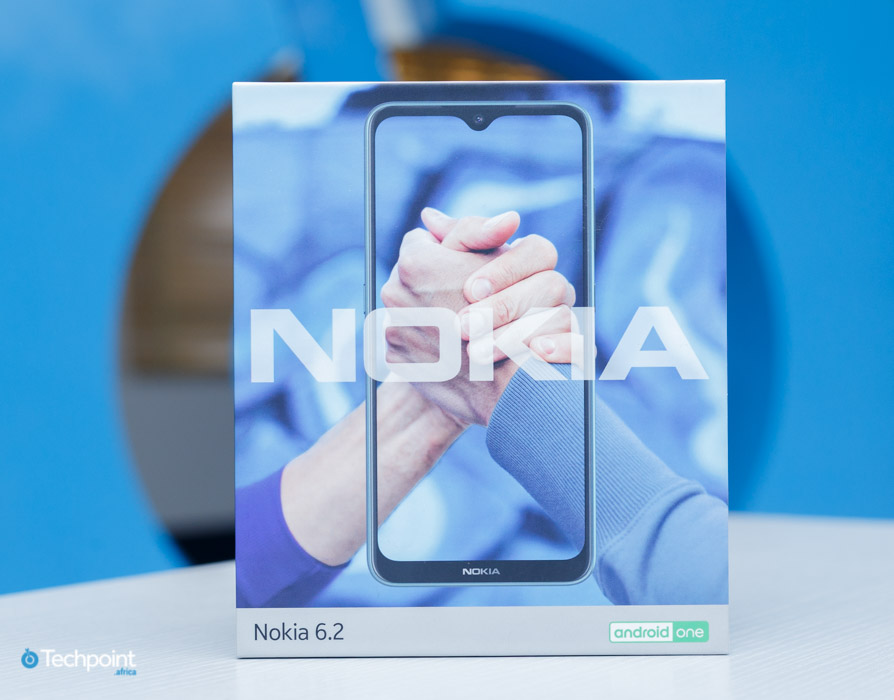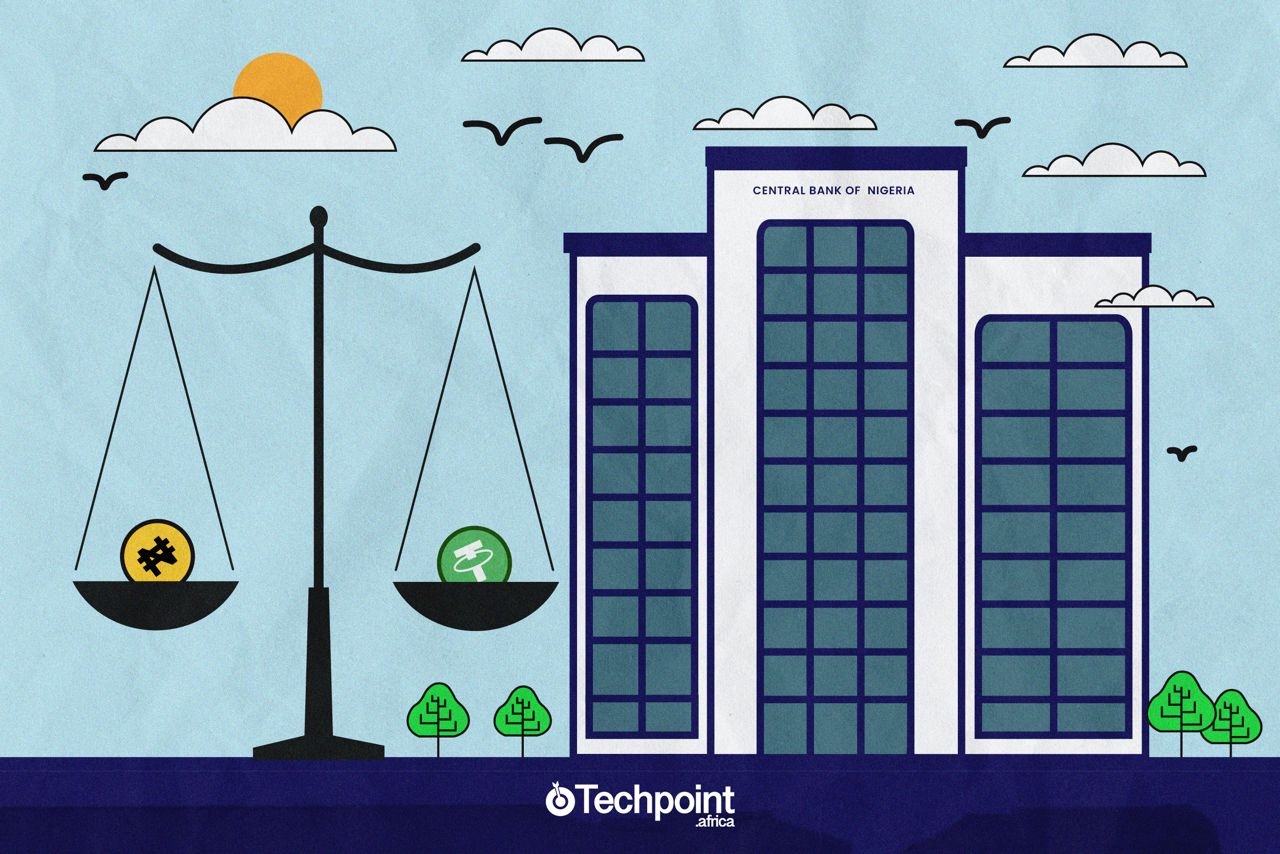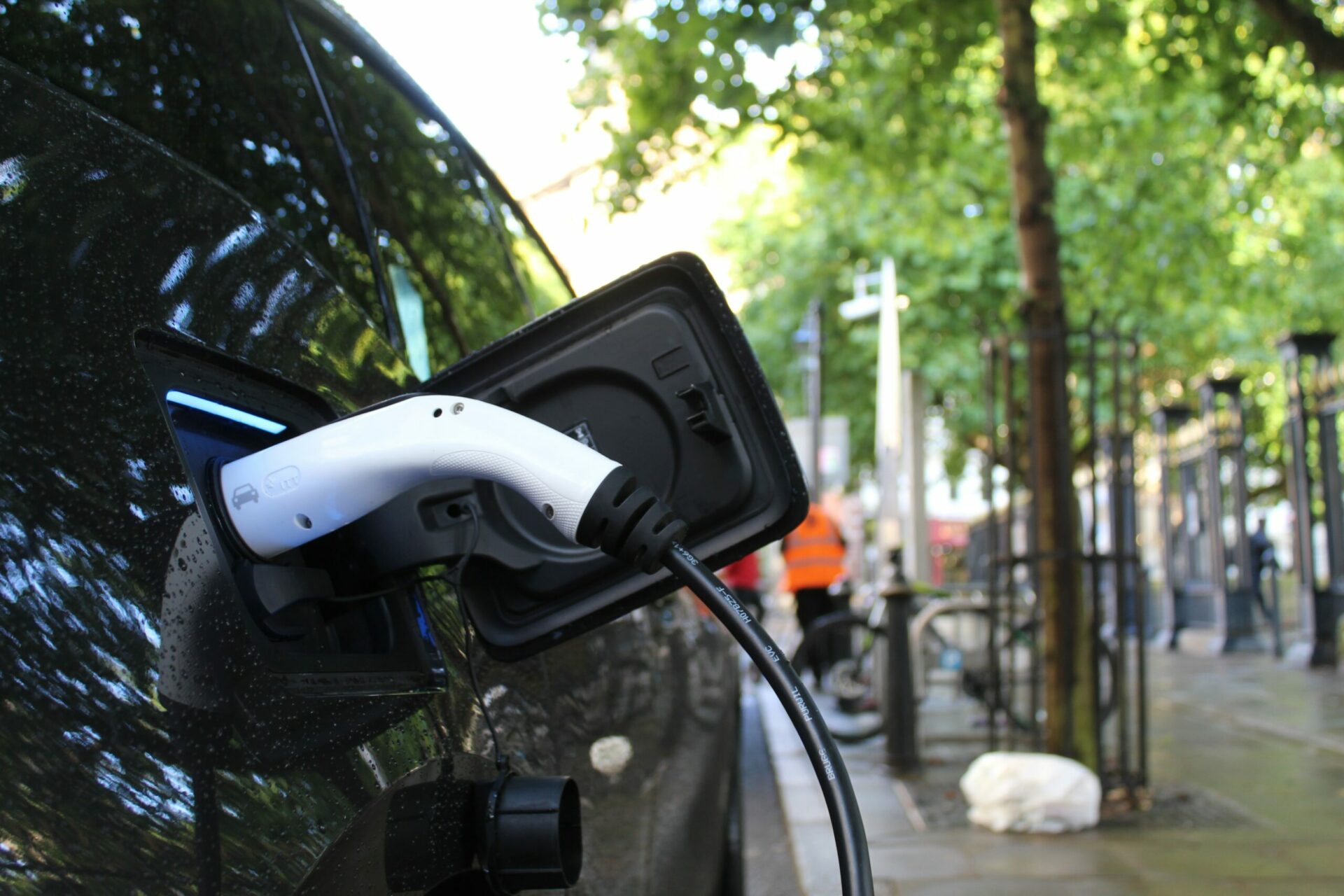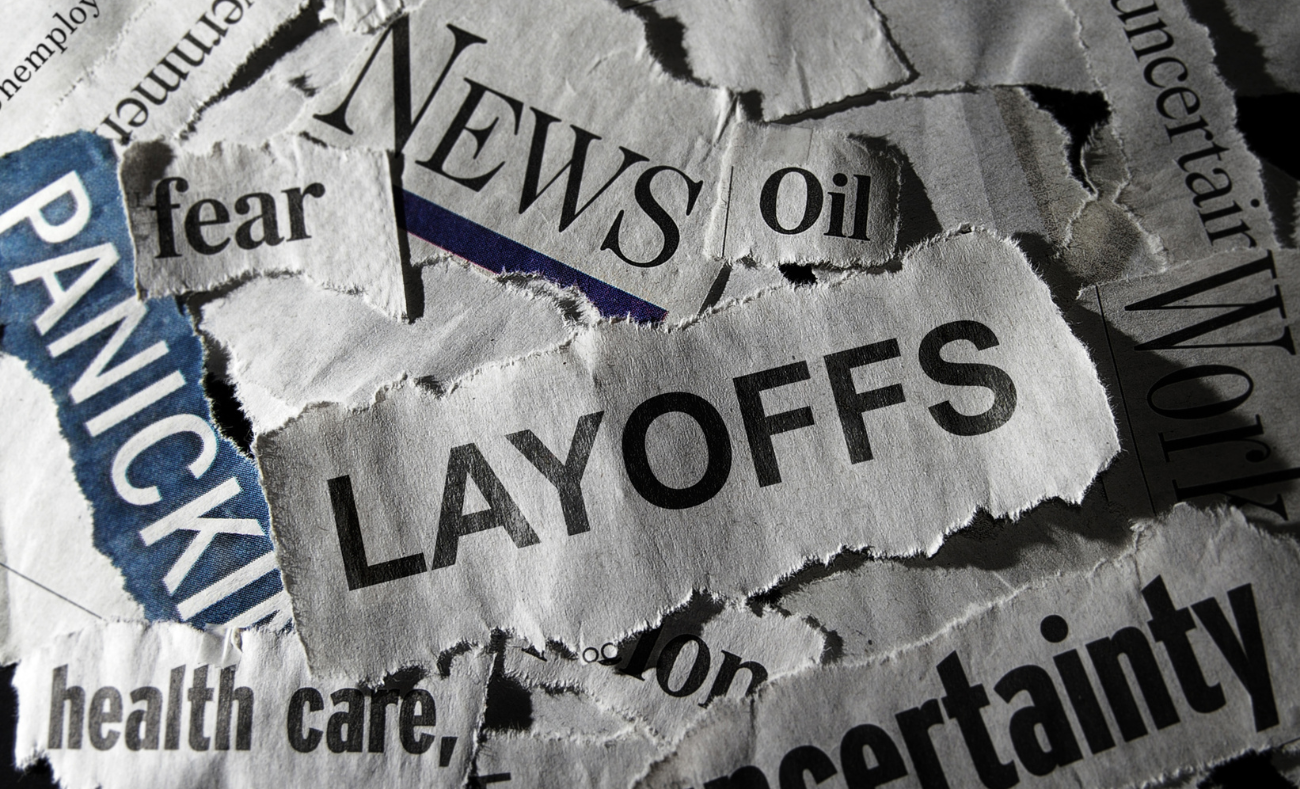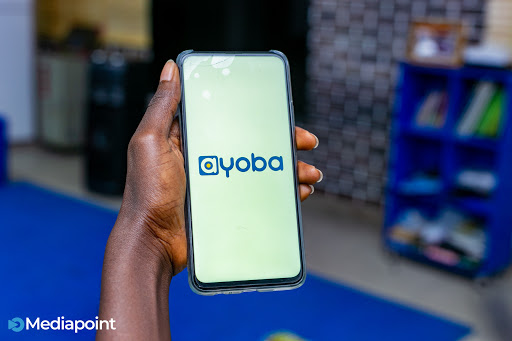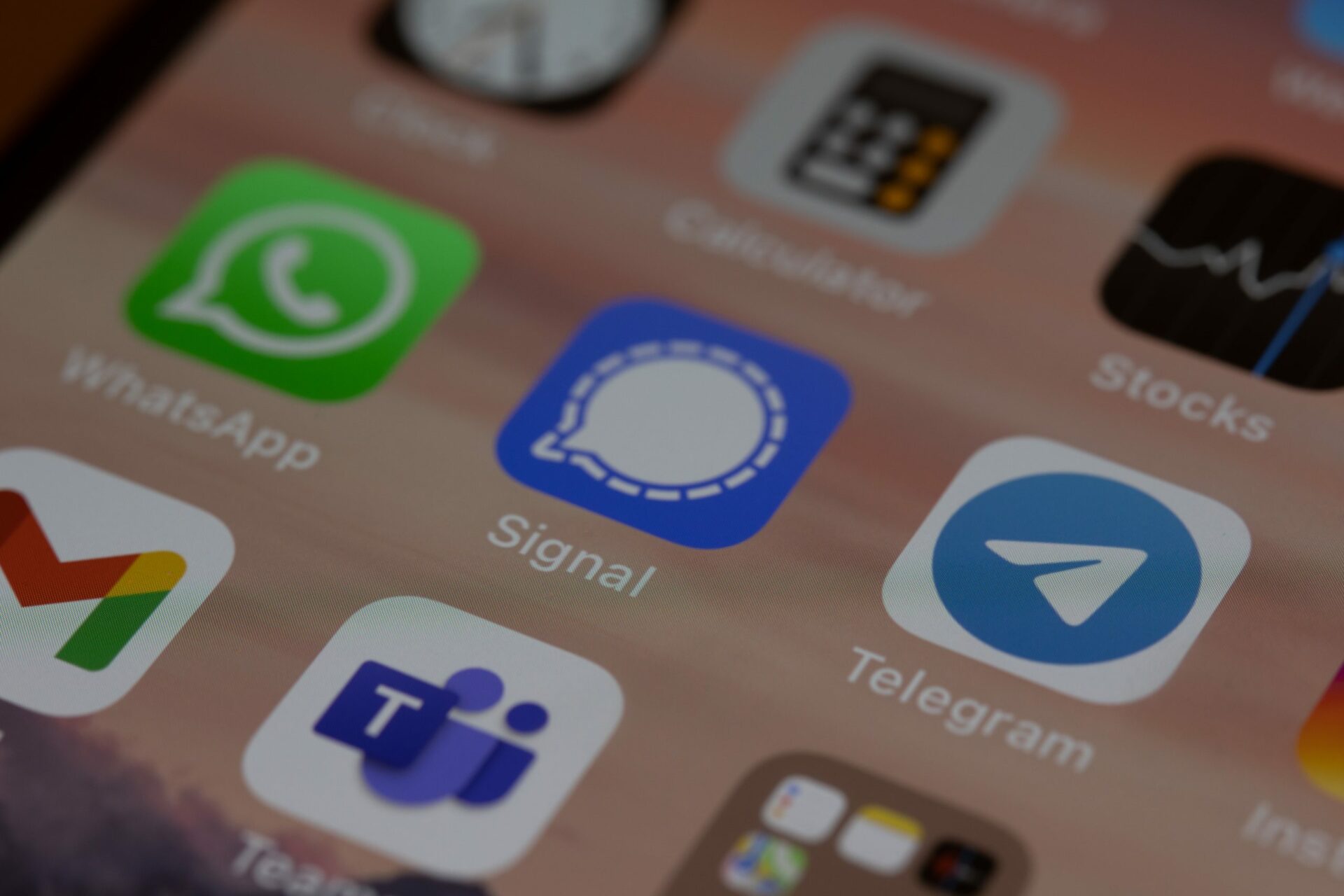As I was ushered into the Pass.ng office one hot August afternoon, I noticed the huge framed tribute to Samson Abioye in the hallway. On the side of the tribute, signed by people whose lives Samson touched while he was still alive, was his portrait.
The image took me back to the time I heard about Samson’s death two months earlier in July. His death was a shock to everyone in the startup community as it came about two weeks after ace UI/UX designer, Imogie Mubarak died following a sickle cell crisis.

As I sat down to talk to Imole and Abayomi -- co-founders of Pass.ng and friends of the late Samson Abioye -- Imole anticipated my first question. It has been one he has had to answer frequently in the past few months: was the stress of the startup life the cause of Samson’s death?
“People have been calling to find out if stress killed him. Samson was one of the most health-conscious people I know. He had mastered the art of delegation and believed in his team so he did not stress himself unnecessarily; at least not in the past year. So his death was not stress-related” Imole affirms.
While there is no direct link between Samson and Mubarak’s deaths and the stress of the startup life, anecdotal evidence suggests that the glamorous world of technology disruption is plagued with unhealthy lifestyles.
The risks of obsessive passion
For Abiodun*, there’s no other way to live in a city like Lagos. As a young and passionate UX/UI designer, Abiodun has to bear the burden of working for a fast-growing startup while doubling as the co-founder of another. He spends a typical day working on multiple projects for an average of 12 hours which does not include the time he spares to speak at tech events and mentor budding techies. But to Abiodun, doing what he loves is not a burden.
“My passion for my work is rebellious. My day begins by 5 am and I eat just one meal before dinner. Yes, my body aches from bad sitting posture in the danfos and kekes and I have incessant headaches but resting is hard when there’s so much work to be done,” he says.
What Abiodun probably does not know is that asides sitting in uncomfortable public buses, his recurrent backache is as a result of sitting in front of a laptop for long hours. The sedentary lifestyle is one peculiar to tech workers who sit for hours tapping away at a keyboard, racing to meet deadlines and deliverables.

Suck at managing people?
Give it a try, you can unsubscribe anytime. Privacy Policy.
Unfortunately, most workplaces in Nigeria are not ergonomically designed so tech workers are subject to bad posture and its implication over a long period is backache.

Dr. Ajibike, a physiotherapist at the Lagos State University Teaching Hospital (LASUTH) confirms this: “Maintaining a bad posture for long hours puts pressure on the vertebra bones, muscles and ligaments. The result of this is discomfort in the back. However, prolonged strain can lead to permanent damage”
Body ache has become a part of Anna’s* reality. As a software developer at an internet startup in Lagos, Anna spends the better part of her day sitting at her desk and working on her laptop. The implications of this is a severe back ache, neck pain, incessant headache and carpal tunnel syndrome .“I carry a pack of Panadol in my bag and take a walk once in awhile, however, the ache still persists,” says Anna.

Asides body ache, Anna’s sedentary lifestyle puts her at risk of cardiovascular diseases, obesity, diabetes, depression, anxiety and even cancer. According to a report by the World Health Organisation (WHO), a sedentary lifestyle is one of the 10 leading causes of death and disability, claiming up to two million lives annually.
Away from the Lagos tech scene, *Edet runs an edtech startup in the less stressful city of Calabar, South-South Nigeria. The odds stacked against startups in their first year of operation drives Edet to work for up to 14 hours per day to give his startup a fighting chance.
“As a struggling startup founder, the only thing I have is the passion for this cause and the determination to succeed. I cannot kickback and relax like an established entrepreneur would, so I have to put in a lot of work to achieve that level of success,” Edet says.
According to Dr. Busola Olamuyiwa, a clinical psychologist and founder of Unforsaken House of Hephzibah (UHOH) psychological services, Edet is treading a dangerous path. “Overloading the brain leads to burnout and it starts to manifest on the physical body,” says Dr. Busola, “Some of the consequences include physical exhaustion and insomnia.”
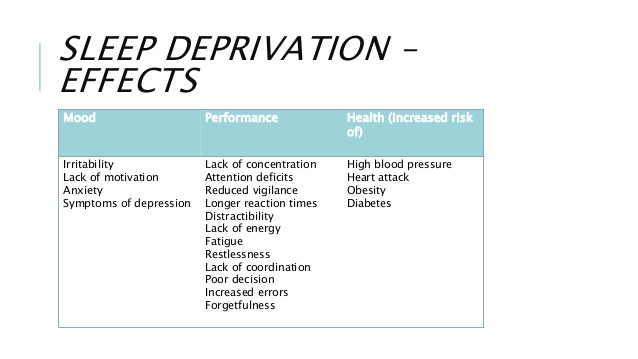
This could explain why Edet gets as little as three hours of sleep per night. A study by the Harvard Medical Centre links insufficient sleep with the risk of developing certain medical conditions including obesity, diabetes, heart diseases, hypertension, loss of immune function, drug and alcohol addiction as well as increased risk of mortality.
Unfortunately, the global tech community glorifies unhealthy lifestyles -- working for long hours, getting little or no sleep and eating for sustenance over nutrition -- and several articles have been written about it.
Last year, Lyft --an American e-hailing service -- published a blog post praising a driver for picking up a rider on her way to the hospital to give birth. Lyft eventually deleted the blog post following resulting backlash. This shows the length people are willing to go to make that extra buck or for their passion as the case may be.
The passion to create something big has led quite a number of American startup founders and employees to take their own lives. Last year, an Uber employee committed suicide five months into working at the company’s headquarters in San Francisco. Prior to his death, he had complained to family and friends about how much pressure and stress he was facing at work.
Thankfully, the Nigerian tech scene has not recorded any case of suicide. However, the risk of chronic stress as found among tech workers has been linked to mental ill-health. According to Dr Busola, depression is a symptom of mental stress and it usually results in suicidal thoughts. “Exhaustion is characterized by fear, fatigue, inability to set targets or achieve goals and a loss of interest in others”
The Nigerian factor
Remember the story of Dr Allwell Orji, the doctor who jumped into the lagoon earlier this year? According to his colleague, the doctor was under a lot of pressure from work and family. Dr Orji’s case is one in hundreds of suicide cases in Nigeria in recent times. The World Health Organisation (WHO) ranked Nigeria as the 30th most suicide-prone country out of 183 and 10th in Africa with 15.1 suicides per 100,000 population per year.
In 2013, a study by Bloomberg put Nigeria on the top of the list of the most stressful countries in the world while a more recent report ranked Lagos, Nigeria as the third most stressful city in the world.

These can easily be the tied to the nation’s harsh economic conditions and lack of basic amenities. Unfortunately, the Nigerian health sector lacks the capacity to effectively manage the illnesses resulting from this stress.
In January, Professor Titus Ibekwe, the Head of the Ear, Nose and Throat (ENT) department of the University of Nigeria revealed that Nigeria has a ratio of one doctor to 6,000 patients. A ratio which is contrary to the WHO’s one doctor to 600 patients recommendation. This number puts a strain on the quality of health care the average Nigerian gets while the affluent ones seek medical treatment from outside the country.
In the corporate world, the law mandates companies with ten employees and above to register their employees to contribute to the National Health Insurance Scheme (NHIS). However, because this law is not enforced, many Nigerian companies/startups do not have health care plans for their employees.
Techpoint recently conducted a poll on social media to get a feel of how health care is prioritised in the tech world.
TPpoll: Does your startup/company have health insurance for employees?
Kindly vote and RT
— Techpoint Africa (@TechpointAfrica) August 22, 2017
Not only were people reluctant to respond, especially on Facebook and Instagram where the survey was not anonymous, the result from the meagre respondents shows that a lot of Nigerian startups/companies do not have healthcare for employees.
According to Mr Tunji Amokade -- Head, Commercial Retail at Leadway Assurance Company -- this is because many startups are not aware of the value-add and affordability of insurance. However, its importance cannot be overemphasised.
Health insurance guarantees quality health care for members of a company. This translates to reduced absenteeism from work due to ill-health and overall productivity for the company.
Don’t be a hero!
For the Abioduns, Edets and Annas of the world, there seems to be no other way to work. However, working smart trumps working hard anyday. Studies have shown that working beyond 56 hours per week results in less productivity. Although different people have different stress thresholds, it is important to know when to pump the brakes.
Working smart involves mastering the art of time management and thankfully, there are many time management and productivity tools out there at our disposal.

Photo Credit: woodleywonderworks via Compfight cc
This clears up time to have a healthy work life where there’s a true work-life balance and adequate sleep. Research shows that people who get enough sleep perform better at complex mental tasks than those who don’t.
The first step to living a healthy work life is being deliberate about self-care. Doctors recommend making conscious efforts to eat right, exercise, take time off work, pay attention to one's overall health and seeking professional help when the need arises.
“Know your numbers; blood pressure, blood sugar and blood cholesterol. Heart disease is one of the biggest killers among educated professionals today but many of us don’t take time to check vitals that will highlight any pathology early enough to have it managed,” says Dr. Femi Kuti, founder of Kangpe.
Dr Ajibike suggests that scheduling breaks in between work will go a long way in preventing and relieving joint pains and stress. He also highlights the importance of frequent exercise.
Dr Chike -- founder of a health startup based in Lagos -- buttresses this point by sharing his 20/20/20 rule: “staring at a computer for too long leaves people prone to headaches as a result of eye strain. There is simple rule I like to adopt: every 20 minutes, stare at a distance about 20 feet away for about 20 seconds”
Passion is great and Nigeria needs to be disrupted by technology, however, is it worth dying for? It is easy to get swept away in the excitement of creating something important but who says success cannot be achieved with having a healthy lifestyle? Learn to say NO to unachievable tasks when you can and remember, only the living can disrupt.
*Names have been changed at personal request of people interviewed.
 This feature story is supported by Leadway Assurance Company Limited, one of Nigeria's foremost insurance service companies. You can learn about L-Boss -- their affordable insurance plan for small businesses -- by visiting the website.
This feature story is supported by Leadway Assurance Company Limited, one of Nigeria's foremost insurance service companies. You can learn about L-Boss -- their affordable insurance plan for small businesses -- by visiting the website.

